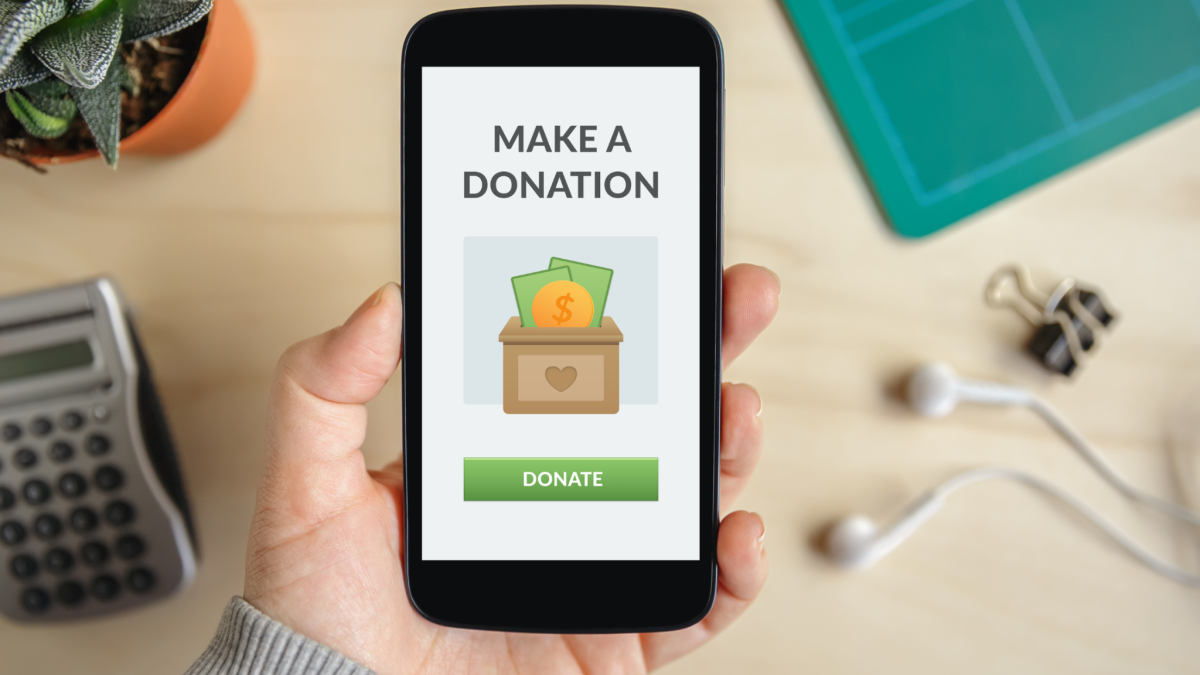Donating is one of the simplest yet most impactful ways to make a difference in the world. Whether it’s a small contribution to a local charity or a significant gift to an international organization, your decision to donate can spark meaningful change. From tackling hunger to improving education and combating climate change, donations play a critical role in solving some of the world’s most pressing challenges.
Understanding how your contributions translate into global impact is key to appreciating the power of your generosity and choosing where to donate effectively.
Table of Contents
The Ripple Effect of Donating
When you donate to a cause, the effects often extend far beyond what you might initially imagine. Donations can provide immediate relief to people in need, fund long-term development programs, and even inspire broader systemic change.
For example, a contribution to a clean water project in a remote village does more than provide drinking water. It reduces health risks, frees children from the time-consuming task of fetching water, and allows them to focus on education. Similarly, donations to disaster relief efforts not only rebuild homes but also restore livelihoods and infrastructure, helping communities recover faster.

Addressing Global Challenges Through Donations
There are countless global challenges that benefit from the collective power of donations. Here’s how your contributions make a tangible difference:
Fighting Hunger and Poverty
Millions of people worldwide lack access to sufficient food and basic necessities. When you donate to organizations fighting hunger, you help provide meals, distribute food supplies, and support agricultural development programs. These efforts not only address immediate needs but also create pathways for self-sufficiency.
Advancing Education
Education is a cornerstone of sustainable development. Your donation to education-focused initiatives can fund school construction, provide scholarships, and supply essential learning materials. By supporting education, you help individuals gain skills and opportunities that can uplift entire communities.
Supporting Healthcare
Global health crises, from pandemics to ongoing battles against diseases like malaria and HIV/AIDS, require robust funding. Donating to healthcare organizations ensures that lifesaving medications, vaccines, and treatments reach those in need. It also supports public health campaigns and research to prevent future outbreaks.
Combating Climate Change
Environmental issues such as deforestation, rising temperatures, and pollution threaten the planet. Donating to environmental organizations allows them to implement projects like reforestation, renewable energy initiatives, and conservation efforts. These programs address climate change and protect ecosystems for future generations.
Promoting Equality and Human Rights
Social justice organizations work tirelessly to combat discrimination and promote equality for all. When you donate to these causes, you support programs that advocate for marginalized communities, provide legal assistance, and drive systemic change.
How Donations Are Used
Transparency is essential when choosing where to donate. Reputable organizations allocate your contributions to programs and initiatives that align with their mission. Here’s how donations are typically used:
- Direct Aid: Providing food, medical supplies, and shelter to those in immediate need.
- Program Development: Funding projects that address long-term challenges, such as building schools or improving infrastructure.
- Advocacy and Awareness: Supporting campaigns that drive public awareness and policy changes.
- Administrative Costs: Covering operational expenses to ensure the organization functions effectively.

Choosing the Right Cause
To maximize the impact of your donation, it’s important to choose a cause that resonates with your values and priorities. Researching organizations through platforms like Charity Navigator or GuideStar can help you find reputable nonprofits with a track record of accountability and success.
Consider donating to causes that align with global development goals, such as eradicating poverty, ensuring clean water access, or promoting gender equality. These areas often have far-reaching benefits that contribute to sustainable progress.
Ways to Donate
Donating isn’t limited to giving money. There are multiple ways to support causes you care about:
- Monthly Contributions: Regular donations provide consistent funding for long-term projects.
- In-Kind Donations: Contribute goods like clothing, food, or medical supplies.
- Volunteer Work: Offer your time and skills to nonprofit organizations.
- Legacy Giving: Include donations in your estate planning to leave a lasting impact.
From your wallet to the world, every donation has the potential to create meaningful change. By choosing to donate thoughtfully, you can support causes that address urgent global challenges and contribute to a more equitable, sustainable future.
The act of donating goes beyond financial transactions—it represents a commitment to making the world a better place. Together, our collective generosity can bridge gaps, empower communities, and leave a legacy of hope and progress for generations to come.

